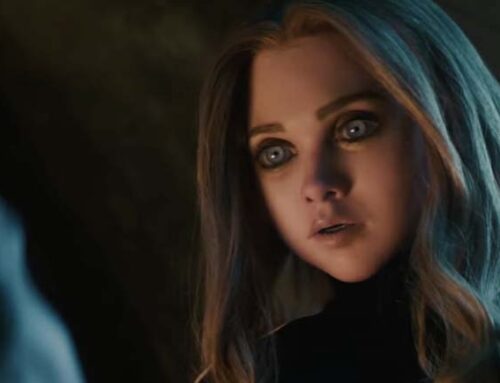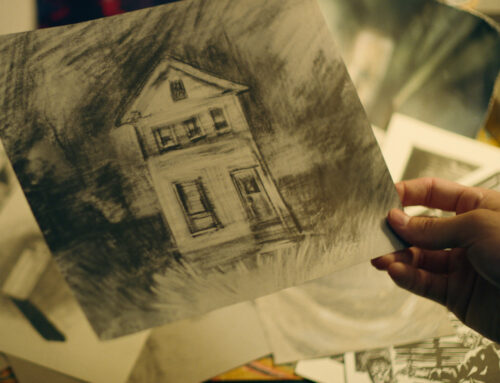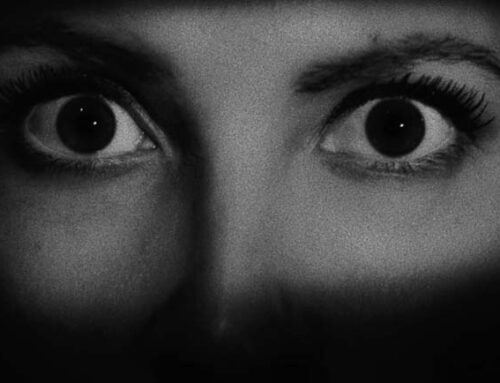 KINO LORBER REPERTORY proudly announced the acquisition of all North American rights to the new 4K INDIECOLLECT restoration of THE ATOMIC CAFE which was supervised by filmmakers Kevin Rafferty, Jayne Loader, and Pierce Rafferty. The film premiere at the 2018 SXSW Film Festival in Austin, TX, Saturday, March 10, 2018. THE ATOMIC CAFE will premiere in theaters nationwide this summer––and will release for home media this fall.
KINO LORBER REPERTORY proudly announced the acquisition of all North American rights to the new 4K INDIECOLLECT restoration of THE ATOMIC CAFE which was supervised by filmmakers Kevin Rafferty, Jayne Loader, and Pierce Rafferty. The film premiere at the 2018 SXSW Film Festival in Austin, TX, Saturday, March 10, 2018. THE ATOMIC CAFE will premiere in theaters nationwide this summer––and will release for home media this fall.
THE ATOMIC CAFE was entirely made from civil defense and propaganda films created by the U.S. military and other agencies.The film revealed the myths about nuclear weapons which awarded the filmmakers an appearance on Late Night with David Letterman.
The film was a sensation when it opened at the Film Forum in March 1982 and premiered around the country to huge audiences, garnering extraordinary reviews, including from The New York Times, whose critic Vincent Canby called it “A stunner! Has one howling with laughter, horror, and disbelief.”
“Kevin Rafferty, Jayne Loader, and Pierce Rafferty have made a landmark film about the nuclear age that remains just as relevant and darkly comical today as it’s ever been,” wrote Kino Lorber CEO Richard Lorber. “We wish times were different. But at least we have THE ATOMIC CAFE to expose the horrific prospect of the Armageddon with humor, style, and historical perspective.”
“We’re delighted to be rereleasing the 4K digital restoration of THE ATOMIC CAFE with Kino Lorber,” said filmmakers Kevin Rafferty, Jayne Loader and Pierce Rafferty. “Kino Lorber did an outstanding job distributing Kevin’s film Harvard Beats Yale 29 – 29 and we’re all looking forward to working with their dynamic team.”
The Atomic Cafe was and is an important film because of its historic importance it was named to the National Film Registry of the Library of Congress in 2016. The 4K digital restoration was created by INDIECOLLECT, a New York-based non-profit organization that saves and restores American independent films so that they can be seen in state-of-the-art digital formats. Funding was provided by the National Film Preservation Board of the Library of Congress, administered through a grant from the Council on Library and Information Resources (CLIR).








